- +033 2572 7171
- info@dhanvantary.com

4.5 Rating | 4500 Review

4.5 Rating | 4500 Review
The Bartholin glands are two small glands located on each side of the vaginal opening. Their main job is to produce a tiny amount of fluid that helps lubricate the vulva, especially during sexual activity.
You can think of them like small, natural "moisturizers" for the vaginal area. Normally, they’re so small that they can’t be felt or seen. But sometimes, these glands can get blocked, leading to swelling and sometimes forming a cyst.
Bartholin gland cancer is a rare type of cancer that originates in the Bartholin glands, which are located on each side of the vaginal opening and are responsible for secreting fluids that help lubricate the vulva. This cancer accounts for less than 1% of all gynaecological cancers, making it relatively uncommon.
Onset : Cancer in the Bartholin gland is rare and typically occurs in women over 50, though it can develop at any age.
Bartholin gland cancer can involve different types of cell growth :
The most common type, arising from glandular tissue.
Cancer that originates in the squamous cells lining the skin or mucous membranes.
Another rare subtype that is slow-growing but can spread to other areas.
Since Bartholin gland cancer is so rare, it is often misdiagnosed as a benign cyst or abscess due to its similar appearance.
Symptoms can be subtle and similar to common cysts or abscesses, but some signs may indicate cancer :
A lump or mass near the vaginal opening, often painless at first.
Persistent swelling that doesn't resolve with usual treatments for infections.
Pain or discomfort in the vulvar area, especially during sex or walking.
Bleeding or unusual discharge that does not seem connected to menstruation.
These symptoms often resemble other non-cancerous Bartholin gland issues, making early detection difficult.
The exact cause of Bartholin gland cancer is not well understood, but some factors increase risk
Age : Women over 50 are at higher risk.
Human papillomavirus (HPV) : High-risk HPV types can contribute to the development of various gynaecological cancers.
History of Bartholin cysts : Chronic inflammation or recurrent Bartholin cysts might slightly elevate the risk, though this link is not well-proven.
Diagnosis typically involves a biopsy of the mass to confirm the cancerous nature and identify the type of cancer cells. Imaging like MRI or CT scans may be done to check for spreading.
Surgical removal of the affected Bartholin gland.
Radiation or chemotherapy if the cancer has spread or to ensure no remaining cancer cells are left post-
Surgery.
Lymph node removal if there is suspicion of spreading.
In Ayurveda, Bartholin gland cancer could be understood through imbalances in the body’s basic energies, known as the doshas: Vata (air/space), Pitta (fire/water), and Kapha (earth/water). An imbalance in these energies, especially Kapha and Pitta, is thought to disturb the body’s natural state, potentially leading to tissue overgrowth or cancerous growths.
From an Ayurvedic perspective, the body’s balance is also affected by accumulated ama (toxins), poor lifestyle habits, and mental stress, which weaken immunity and create a favourable environment for disease.
While Ayurveda doesn’t replace conventional cancer treatments (like surgery, chemotherapy, or radiation), it can work alongside them to :
Support the immune system during and after treatment.
Help manage side effects of conventional treatments.
Improve energy levels and recovery time.
Ultimately, Ayurveda focuses on helping the body stay resilient, reducing the impact of cancer, and enhancing quality of life.
Panchakarma is a cleansing therapy that includes treatments like Abhyanga (herbal oil massage) and Swedana (herbal steam). These help eliminate toxins, promote circulation, and restore dosha balance, which can be beneficial for cancer patients in recovery or to prepare the body before conventional treatments.
A diet to balance Pitta and Kapha is recommended, emphasizing fresh, organic vegetables, whole grains, and spices like turmeric and ginger that support digestion and immunity.
Avoiding processed foods, sugar, and alcohol helps reduce inflammation and toxin build-up.
Regular yoga and meditation reduce stress and help maintain mental balance. Stress can worsen dosha imbalances, so daily practice supports emotional and physical well-being.
Regular yoga and meditation reduce stress and help maintain mental balance. Stress can worsen dosha imbalances, so daily practice supports emotional and physical well-being.
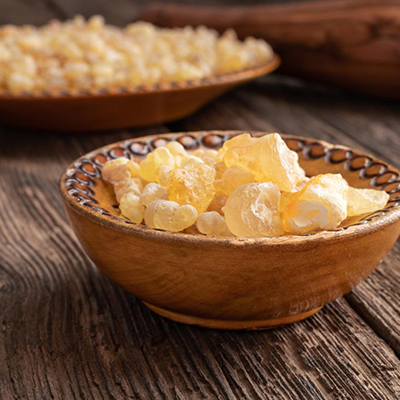
Turmeric contains curcumin, a potent anti-inflammatory and antioxidant compound that may support healthy cellular function and reduce inflammation.
Use: Golden Milk 1 teaspoon of turmeric powder in warm milk, possibly mixed with black pepper to enhance absorption, taken once or twice daily.
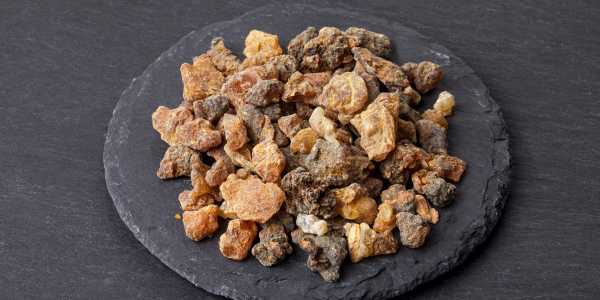
Benefits: This traditional Ayurvedic formula includes Kanchanar (Bauhinia variegata) and Guggulu (Commiphora mukul) and is often used to detoxify tissues and support lymphatic health. It is also thought to help manage cysts and abnormal growths.
Use: Tablet Form: Commonly available as tablets; usually, 1-2 tablets are taken twice a day with warm water, 30 minutes after meals.
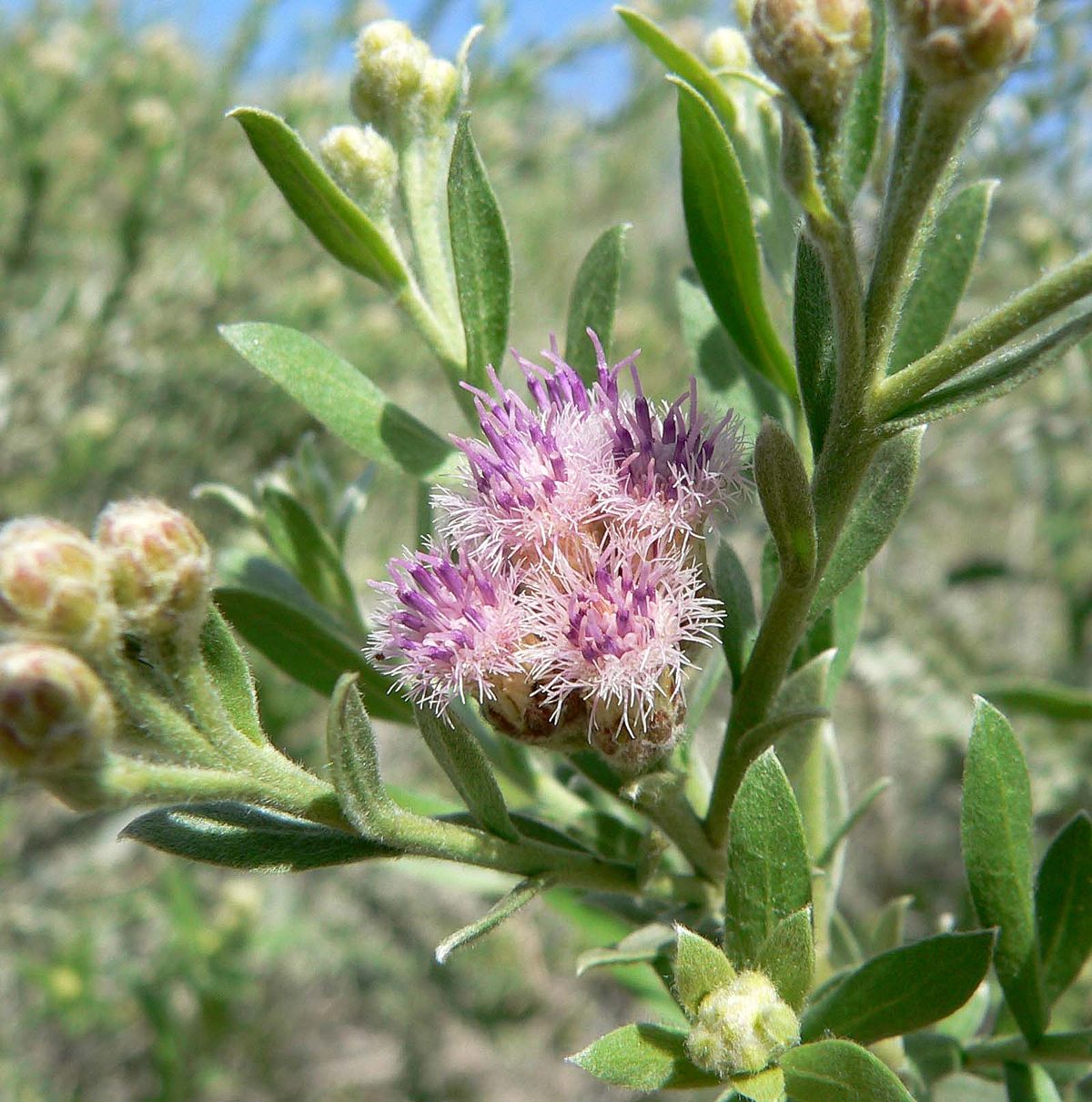
Guduchi is known for its immune-modulating and detoxifying properties. It supports the body in managing inflammation and encourages healthy immunity.
Use: Powder: ½ teaspoon of Guduchi powder mixed with warm water or honey, taken once or twice daily.
Juice: Fresh Guduchi juice can be consumed in small amounts (5-10 ml daily) for its immune-boosting effects.
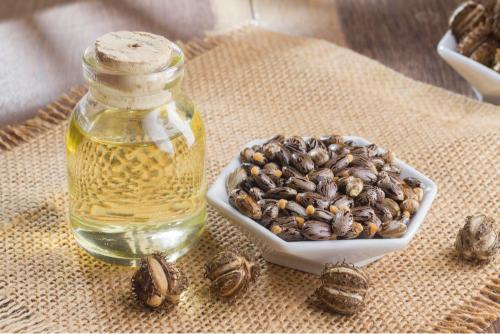
Triphala (a combination of three fruits: Amalaki, Haritaki, and Bibhitaki) is known for its detoxifying and antioxidant properties, supporting digestion, and gentle detoxification, which can aid overall immune health.
Use: Powder: 1 teaspoon of Triphala powder in warm water before bed supports detoxification.
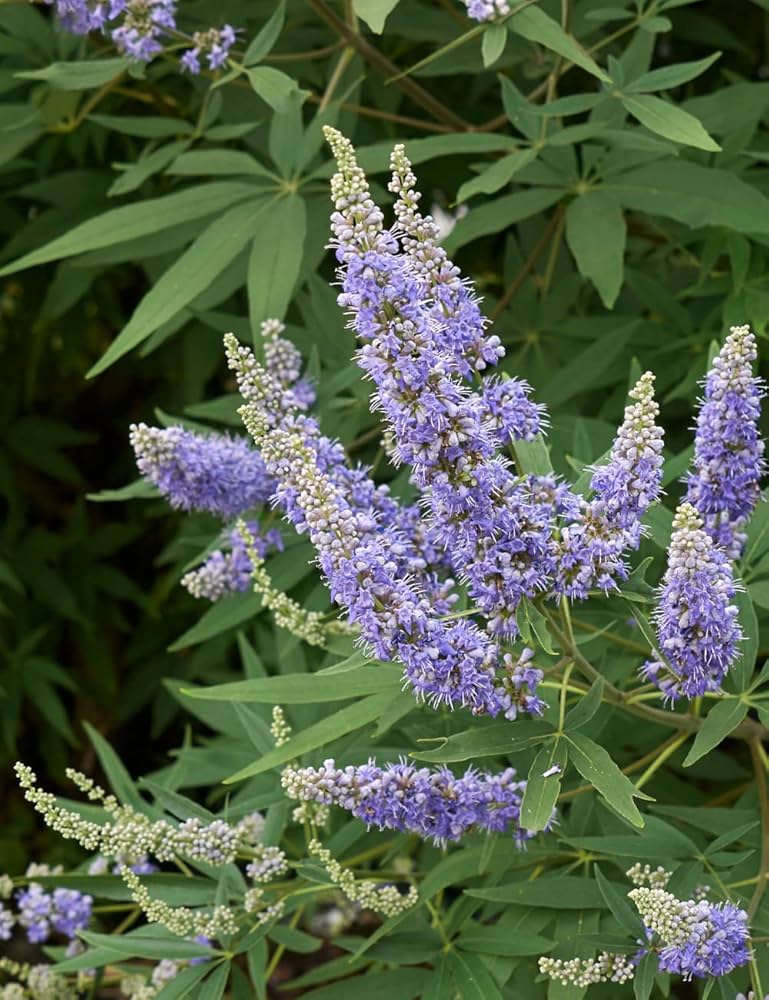
Being an adaptogen, Ashwagandha helps reduce stress, boost immunity, and improve energy levels. It is believed to support healthy cell function and tissue repair.
Use: Powder: 1 teaspoon of Ashwagandha powder mixed in warm milk, taken once daily, especially before bedtime, as it also promotes restful sleep.
